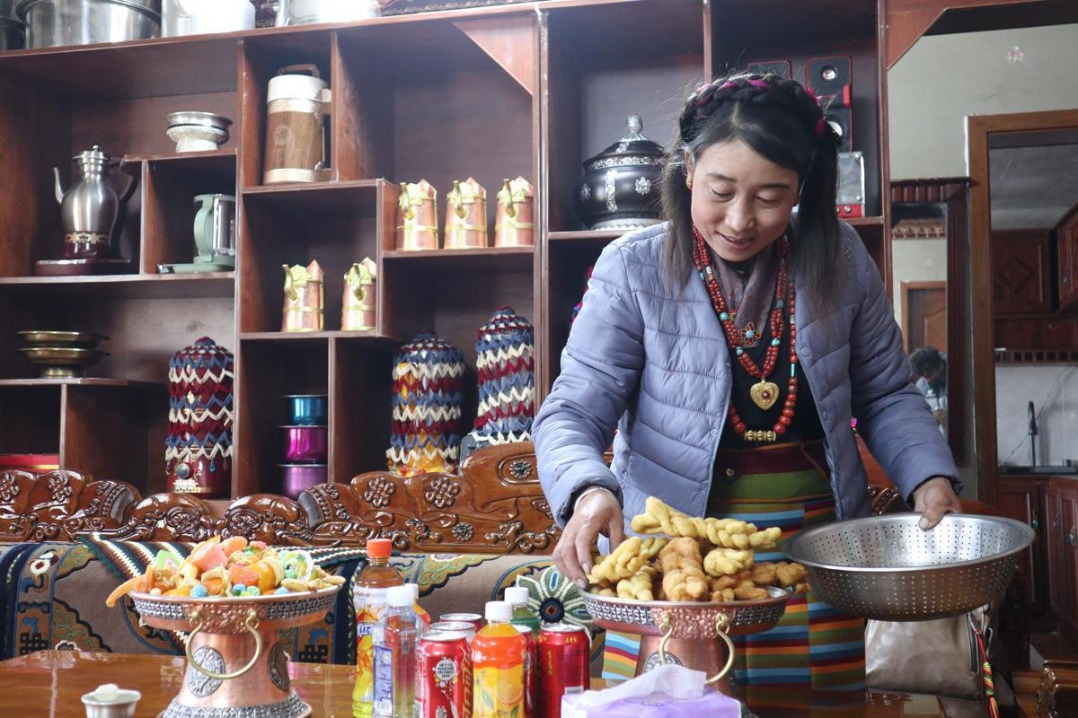Firm support voiced for drive to weed out healthcare corruption


Under pressure
Experts said hospitals facing financial pressure amid intense competition, and unbridled decision-making power in the hands of hospital administrators have led to severe cases of corruption.
Li Ling, a professor at Peking University's National School of Development, said public hospitals in China are under pressure to be self-reliant in generating revenue and funding about 90 percent of their operating costs. Government finances often only cover 10 percent.
"If a hospital pays lower wages than its competitors, its medical workers might be poached. Such competition between hospitals also motivates them to create higher revenues," Li told news portal Economic View.
Hu said: "Retaining skilled healthcare workers and purchasing high-end equipment cost enormous amounts of money, but the funds provided by governments are limited. With marketization of the medical field, hospitals are easily lured into choosing suppliers that offer additional benefits."
He added that two groups are the most likely to commit offenses — hospital administrators who have the power to allocate resources, and doctors who write prescriptions and devise treatment plans.
In a case that was revealed by the CCDI in May and which attracted public attention this month, a hospital in Pu'er, Yunnan province, bought a medical linear accelerator used for cancer radiation therapy for 35.2 million yuan, more than double the average market price of 15 million yuan.
The hospital's president, surnamed Yang, had a long history of dining out with and accepting gifts from suppliers. Even though his colleagues were opposed to purchasing the expensive equipment, which would be of limited use at the small hospital, Yang insisted on buying it for personal gain.
He received more than 16 million yuan in kickbacks.
"There is insufficient supervision of hospital administrators and oversight of market prices," Hu said.
- Record ocean heat in 2025: a deepening climate challenge
- Beijing offers free two-dose bivalent HPV vaccination for girls
- Hunan students craft opera headpieces from recycled materials
- Haidian police crackdown on campus fraud with new safety model
- Several BRICS countries to conduct maritime military exercises near South Africa
- Shanghai to launch year-long global food festival in 2026




































